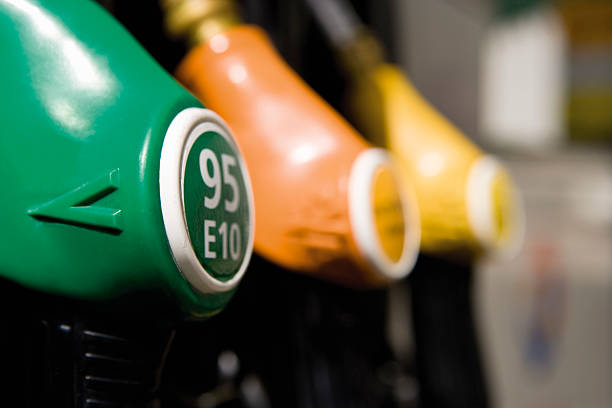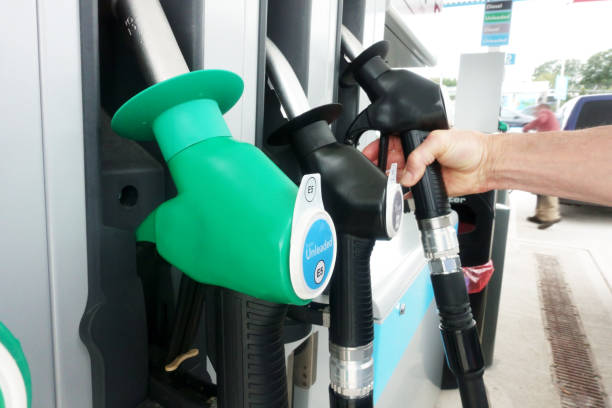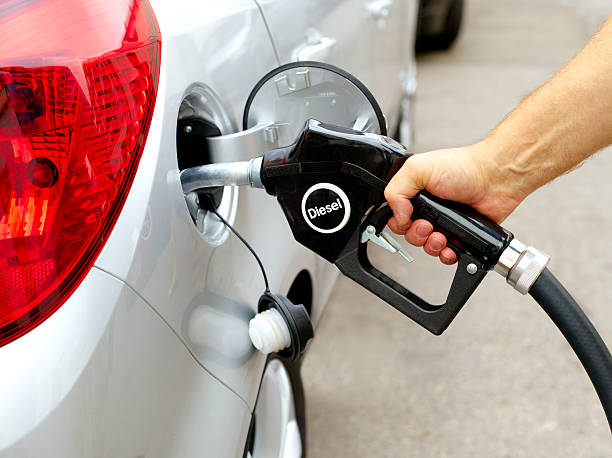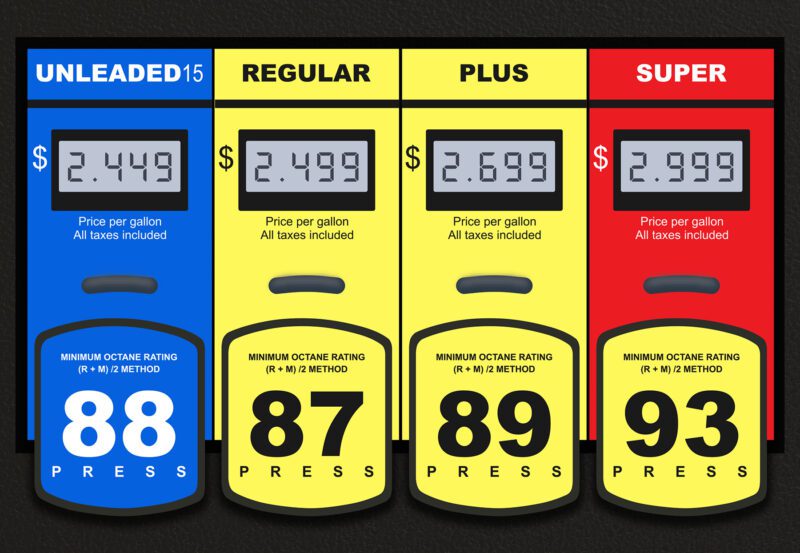Introduction
When you fill-up your car at the gas station, you might be tempted to just pick the cheapest option and be done with it. But did you know that using the wrong type of gasoline for your car can actually harm your engine and decrease your car’s performance? In this article, we’ll explain the different types of gasoline available and help you understand which type is best suited for your car.
Regular Unleaded Gasoline
Regular unleaded gasoline is the most common type of gasoline, and it’s what most cars are designed to use. It has an octane rating of 87 and is the cheapest type of gasoline available. This type of gasoline is best suited for cars with low to medium compression ratios. Using regular unleaded gasoline in a car that requires a higher octane rating can cause knocking or pinging, which can damage the engine over time.

Premium Unleaded Gasoline
Premium unleaded gasoline has a higher octane rating than regular unleaded gasoline, typically between 91 and 93. It’s designed for cars with higher compression ratios or turbocharged engines. Premium unleaded gasoline can provide better performance and fuel economy for these types of cars, but it’s also more expensive than regular unleaded gasoline.

Mid-Grade Gasoline
Mid-grade gasoline has an octane rating between 88 and 90, and it’s a less common type of gasoline. It’s designed for cars with medium to high compression ratios that can’t quite handle premium unleaded gasoline. It’s also a good option for older cars that require a lead substitute to protect the engine.
E10/E15/E85 Ethanol Blends
Ethanol blends are gasoline mixed with ethanol, which is a renewable fuel made from corn. E10 (10% ethanol) is the most common type of ethanol blend and is approved for use in all cars. E15 (15% ethanol) is approved for use in some cars but not all, and E85 (85% ethanol) is designed for use in flex-fuel vehicles only. Ethanol blends can offer improved performance and lower emissions, but they also tend to have lower fuel economy and can damage some types of engines.
Also read FAQ: How often should I change my Engine oil?
Diesel Fuel
Diesel fuel is designed for use in diesel engines, which are commonly found in trucks, buses, and some cars. Diesel engines compress air instead of fuel, and they require diesel fuel to ignite the compressed air. Using gasoline in a diesel engine can cause severe damage to the engine, so it’s important to make sure you’re using the correct type of fuel. Diesel fuel tends to be more expensive than gasoline, but diesel engines can offer better fuel economy and towing power.

Choosing the right type of gasoline for your car is important to ensure optimal performance and avoid engine damage. Make sure to consult your car’s owner manual to determine the correct octane rating and fuel type for your vehicle. And when you’re at the pump, don’t just pick the cheapest option – consider which type of gasoline is best suited for your car’s needs.
| Reference |
|---|
| 1. “Choosing the Right Octane Gasoline.” Car and Driver, 10 Feb. 2021. Available: https://www.caranddriver.com/features/a32888626/choosing-the-right-octane-gasoline/. |
| 2. “Gasoline and Diesel Fuel Update.” U.S. Energy Information Administration, 4 May 2023. Available: https://www.eia.gov/petroleum/gasdiesel/. |


I liked your site very much, I will visit it again soon
We appreciate you choosing to visit us. To ensure the best possible care for your vehicle, we kindly suggest referring to your car’s owner’s manual for the recommended fuel type.